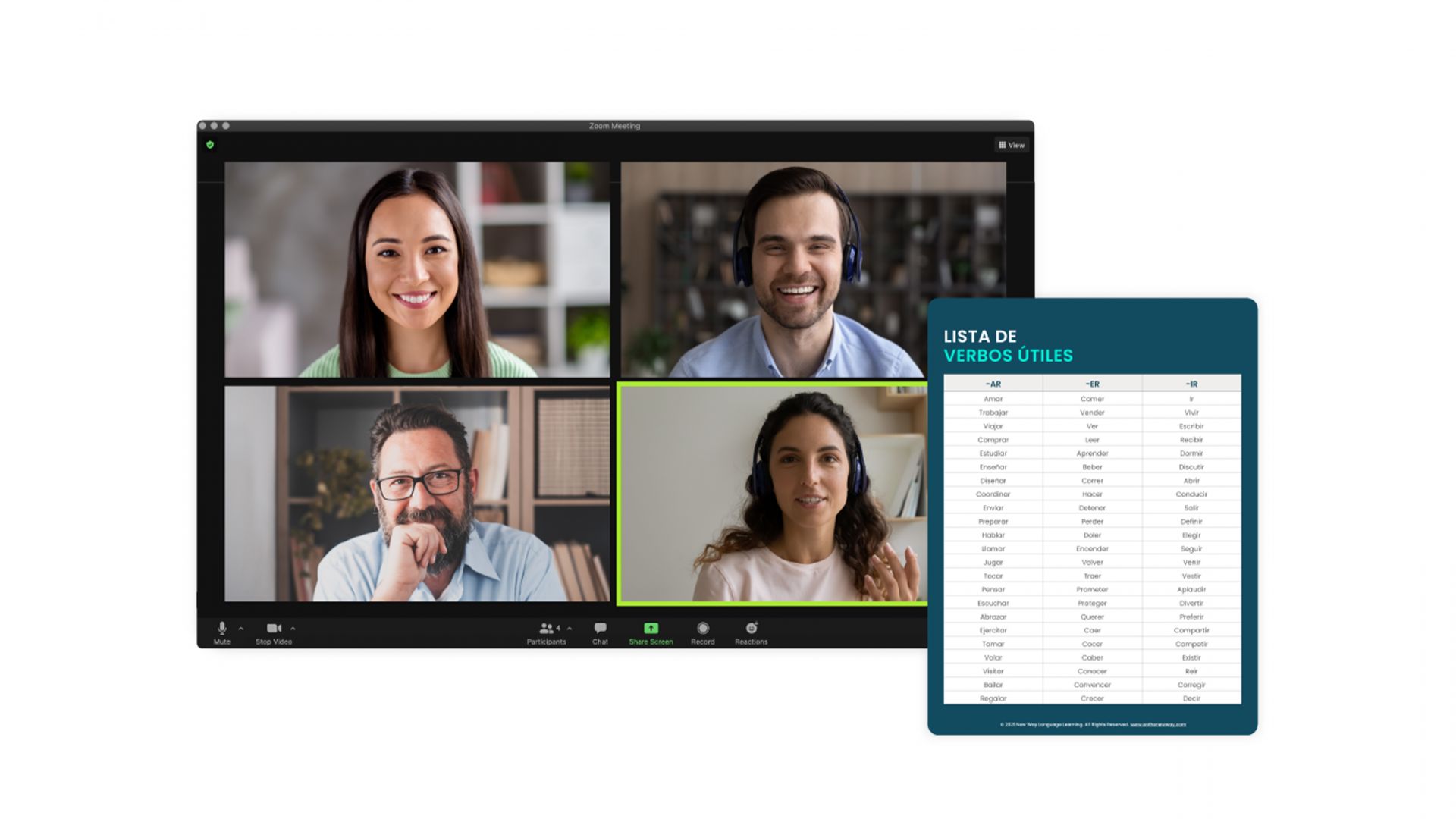- Master Spanish Weekly
- Posts
- 5 Myths About Learning a Language as an Adult (Debunked!) 🚫🧠
5 Myths About Learning a Language as an Adult (Debunked!) 🚫🧠
with a little help from science!
👋 ¡Hola y bienvenidos a Master Spanish Weekly!
Each week, we share practical tips and insights to help you build real confidence in Spanish, whether you’re learning for work, travel, or connection. Our newsletter is about making Spanish a part of your daily life, one step at a time.
This week’s topic is: The biggest myths about learning a new language as an adult. Let’s bust them together, with a little help from science. 👇
🧠 Top 5 Myths About Learning a Language as an Adult (Debunked)
1️⃣ “I’m too old to learn a new language.”
Not true. While children may have an advantage in pronunciation, adults have stronger memory, learning strategies, and life experience to connect ideas. According to this research on neuroplasticity, your brain continues learning and rewiring itself well into your 70s and beyond.
2️⃣ “I need to be fluent to have conversations.”
Nope. You don’t need to be fluent; you need to be willing to try. You can have meaningful conversations with basic vocabulary and clear intention. Language learning is not all-or-nothing. This article from EF explains how speaking early and often is one of the best ways to improve.
3️⃣ “I’ll just get apps and do it alone.”
Apps are a great support, but real progress comes from using the language with people. Language is social. It’s about interaction, feedback, and practice, not just memorization. This study from Michigan State University found that while apps can help with vocabulary and grammar, they’re not enough without conversation and interaction.
4️⃣ “Adults make more mistakes, and that’s embarrassing.”
The truth is, adults make more intentional mistakes, and that’s how we learn best. In fact, learners who speak often, even with mistakes, progress faster than those who wait for perfection. This article from StoryLearning explains why embracing mistakes helps us learn faster and more effectively.
5️⃣ “I don’t have time.”
You don’t need hours. You need consistency. Even 10–15 minutes of focused Spanish a day builds long-term results. Think daily habit, not huge commitment. This post by University of Phoenix shares how small time blocks, used wisely, can lead to big progress.
📌 What to Do Outside of Class (2 Simple Tips)
1️⃣ Narrate your day in Spanish.
Talk to yourself while cooking, driving, or walking. (Voy al trabajo… Estoy preparando café…) It builds fluency and confidence in real time.
2️⃣ Create a “Spanish Bubble.”
Change your phone settings to Spanish, follow Spanish-speaking creators on social media, or watch short YouTube videos in Spanish. Passive exposure adds up fast.
Gracias por leer
Gracias por leer este correo y por tu interés en aprender Español y conectarte con la cultural Hispana. Sigue practicando y confía en tu proceso. Nos vemos la próxima semana.
Un abrazo,
Alejandro Nuñez
Founder & Director

Reply